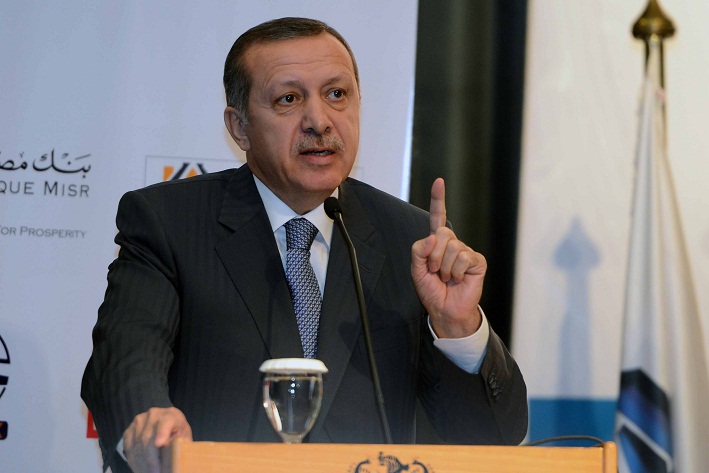
The Tamarod or “Rebellion” campaign has promised to have 15 million signatures calling for the removal of Mohamed Morsi by 30 June.
The campaign, which started less than a month ago, has collected two million signatures on their last official count two weeks ago. Unofficially they claim to have over six million signatures.
The significance of this campaign is not just the call for the removal of Morsi, but the fact that Egyptians who have lived in fear of even discussing politics for over 60 years are now signing a no-confidence petition using their IDs. Millions of Egyptians are officially documenting their dissatisfaction with the current regime. Many of these Egyptians have never participated in political life while others were not even active in the 25 January 2011 revolution against Mubarak.
Photos of extremely poor Egyptians signing the petition circled social network websites; some signed the document with a thumb print because of their illiteracy, forced on them by a corrupt regime that left the country to rot for over 30 years. Families of martyrs as well as politicians and artists signed the petition on live TV, encouraging people to join the peaceful movement.
Legal experts are speculating on the results of such a campaign. Several assure that if the campaign reaches the targeted 15 million signatures, a lawsuit can be filed accusing Morsi of “impersonating” a president and that the case could be referred to the Supreme Constitutional Court. Others have discredited the legal aspect of the no-confidence petition, ridiculing the effort.
Several complaints were filed against the founders of the movement, accusing them of attempting to topple the regime and inciting people to join an illegal group. The latter accusation is quite ironic, as Egypt is currently is ruled by an illegal group whose financial records as well as members remain unknown till this day.
What experts have missed is that the legality of the campaign is not the issue; Tamarod is also mobilising people to return to city squares on 30 June à la Mubarak-ousting, as a peaceful sit-in to accompany the promised 15 million signatures.
What experts also missed is that what drives Egyptians, who usually are quite passive when it comes to political participation due to years of oppression, to put their names and IDs on a petition demanding the removal of the current presidents must be out of desperation. The economic conditions of the country, coupled by a lack of security and a spreading crime along with political floundering and a foreign affairs mess have driven many to the brink.
But what comes after rebelling?
Egyptians need a plan to avoid the mistake of the 25 January Revolution which started leaderless, giving it an edge of not being monopolised by any group at the start. It eventually became a fractured mess by groups competing for power.
What Tamarod needs to be successful is to offer an alternative to Morsi and his government, which has proved its failure, and this will only be accomplished if the different political groups, besides the Muslim Brotherhood of course, agree on the plan post-30 June; to find an agreed upon president so if this campaign is successful and early presidential elections do take place, Egyptians will have a viable alternative.
Coordination with political groups on a valid emergency economic plan to be implemented as soon as the new president is in office is vital. Egyptians are suffering from horrendous living conditions that have worsened with the rule of the Brotherhood.
A real restructuring of the Ministry of Interior is needed because the lack of security is affecting the everyday life of Egyptians as well as negatively impacting tourism which is a main source of income to many.
A new constitution is needed. A constitution that does not allow military trials of civilians, honours women, ensures equal citizenship to all and stresses the independence of the different governmental bodies from the president is essential. A constitution as far away as possible from the current mutilated version put by pseudo-Islamists.
In short, the demands at the very start of the revolution have to be put into a plan and whoever takes over after Morsi is bound to see to their implementation.
Political parties and groups like Al-Dostour, the Egyptian Social Democratic party, Al-Tayar Al-Sha’aby and others have experts all over the spectrum. It is their duty not just to help Tamarod gather signatures, but to help them formulate a plan.
Without a plan, Tamarod will have 15 million petitions against Morsi which will only be used in recycling, if we are lucky!




